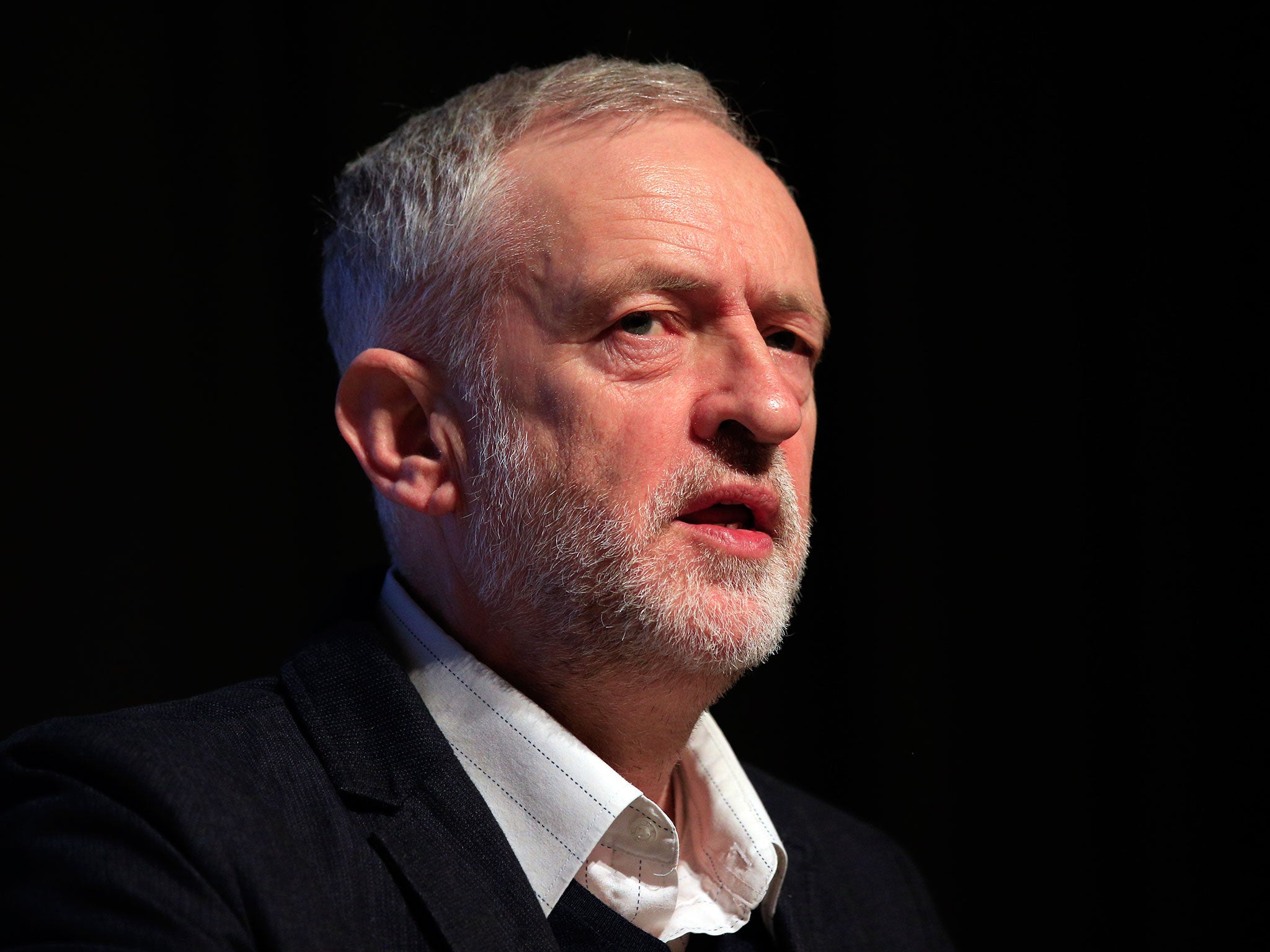Labour failed to communicate, but a deeper rethink is needed
An internal report due this week will focus on Labour's lack of narrative, but there can be no marketing quick fix for the party. Corbyn must focus on the meaning behind his messaging and with Momentum and his New Economics events, he might well be on his way

There are a number of words that repeatedly crop up when talking to Labour politicians and employees about why their party lost in May and what it needs to do to win again: ‘communication’, ‘narrative’, ‘messaging’.
These buzzwords also feature prominently in the internal report of why Labour lost the general election, finally due for release this week.
Of course, it is crucial that parties carefully and strategically communicate ideas and policies and weave them together into a coherent political narrative greater than the sum of its parts.
This is especially true in the case of Labour, a party which has to perform significantly better than the Conservatives when it comes to communication just to reach anywhere near equal footing in the press.
Such analysis should not be read as reason to return to the communicative regime of the Blair years, a combination of relentless spin and wooing of Rupert Murdoch. There probably are things Seamus Milne could learn from Alistair Campbell but in the age of social media the more easily manageable conditions on which the Blair media machine depended simply do no exist.
This process must begin elsewhere, as in order to communicate clearly one has to first think clearly.
To do this Labour must work out who and what it stands for. This points to a series of more fundamental questions that must be faced head on: What does a social democracy look like without the economic foundations that originally gave it its form? Can it be reformed to meet the challenges of neoliberalism? What cross-class alliances are needed to secure a majority?
Encouragingly, there are signs that the Labour leadership is aware of the size of the task ahead. The recently announced New Economics events and the emergence of Momentum, are signs of an appetite for thinking anew.
More time is undoubtedly needed yet such a task cannot be avoided, no matter how intense the temptation of a quick marketing fix. Here there are no short cuts and patience is needed across the party.
Whilst party membership has rocketed, we should not forget wider context, specifically the institutional and intellectual decline of established social democratic parties across Europe.
‘Corbynism’ and the support of trade unions likely insulates Labour from a similar fate but unless the new energy that abounds within Labour is diverted towards a deeper transformation, talk of ‘communication’, ‘narrative’ and ‘messaging’ will be meaningless.
One can hope Labour’s election post-mortem report recognises this too.



Join our commenting forum
Join thought-provoking conversations, follow other Independent readers and see their replies